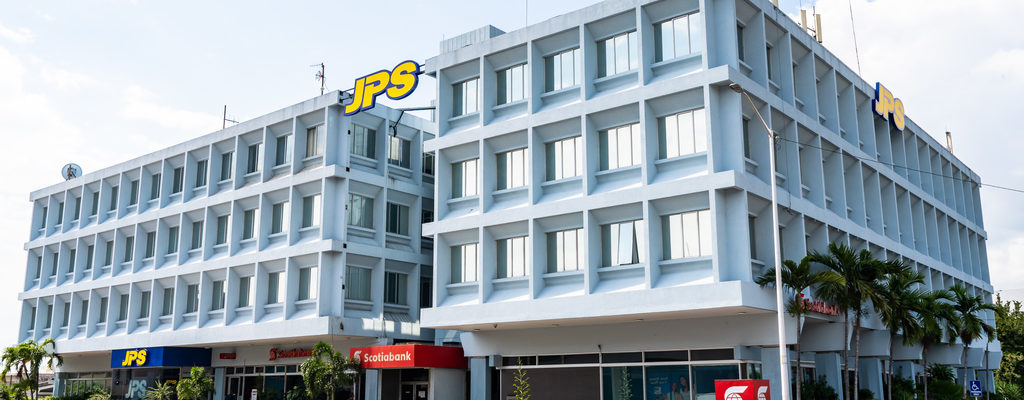

The results of the OUR 2022 Mystery Shopping Finding have revealed dismal performances from utility companies that failed to meet the international standard of 80 per cent for quality of service.
The Office of Utility Regulation (OUR) mystery shopping is an exercise that the company conducts annually to identify what kind of service is being provided to customers by utility companies and what are the areas that need improvement.
According to Kishka-Kaye Anderson, CEO of Market Research Services Limited, this year’s exercise saw a wide range of scenarios being implemented.
This was necessary due to the changes that came about with COVID-19 and the result and change in customer experiences when dealing with utilities.
The scenarios were specific to the different utility companies and applied equally across the different service modalities, that is: in store, call centre and web/online chat.
The OUR’s 2022 Mystery Shopping research, which was undertaken by Market Research Services Limited on behalf of the entity, revealed interesting data about the utility companies operating in Jamaica.
How it works
Individuals from the Market Research Services Limited play the role of customers by making calls, visiting the stores and accessing chat platforms, in order to gauge a typical customer’s experience. Shoppers remain anonymous throughout the entire ‘shopping’ process.
Each shopper was given a specific scenario to ‘shop’ as follows:
Telecom: Enquiring about internet, bill payment Interactive Voice Response (IVR), bill payment app, refund process
JPS: Bill Estimate, service application, upgrade in deposit, refund process
NWC: Water schedule, water billing, refund process
Shopper scenarios are determined by the OUR based on the complaints they receive from customers throughout the year.
The Conclusion
The in-store performance across all providers were similar with the best performance coming from Flow (64%), then NWC (63%), JPS (60%) and Digicel (59%).
However, the call centre performance was more varied, with JPS delivering the best performance of 89 per cent, boosted significantly by their 100 per cent rating during the peak periods.
The average service quality score across all four companies was 49 per cent.

Recommendations
As provided by Market Research Services Limited
Utility service providers should investigate customer satisfaction with their online/web chat services. This is especially important with the move toward a digital as a key service modality.
Flow ought to seek to provide additional training and direction to its team in the area of responding to queries regarding alternatives to paying a bill by the IVR.
In the case of Digicel, attempts should be made to improve staff knowledge and ability to respond to queries regarding alternatives to paying via the app.
NWC should seek to give priority attention to queries regarding water scheduling and its refund process.
JPS main area of focus should be in improving its staff ability to respond to queries around the refund process and its service application.
The elements that drive the performance of the JPS call centre could be investigated to identify learnings that may benefit all other service providers.
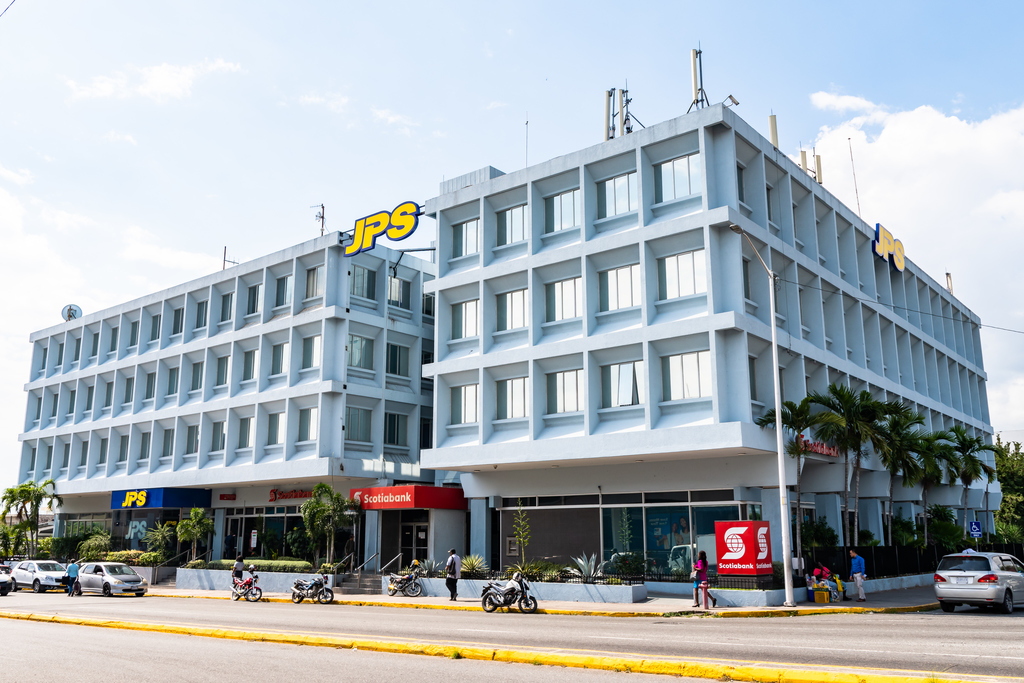
Base on the results JPS walks away the winner of this year’s exercise however there isn’t much to celebrate considering the fact that the company is nowhere near the international standard that is required.
“Although we are seeing JPS as the winner with an overall performance of 56 per cent it’s not saying that they are doing very well… what the study is telling us is that the utility companies need to focus on specific areas,” shared Anderson.
She did commend the company on its call centre performance.
“JPS continues to deliver the best call centre performance at 88.7 per cent. Every effort should be made to maintain it if not improve it.”
The finding revealed that training is one of the areas that need to be addressed by all the service providers.
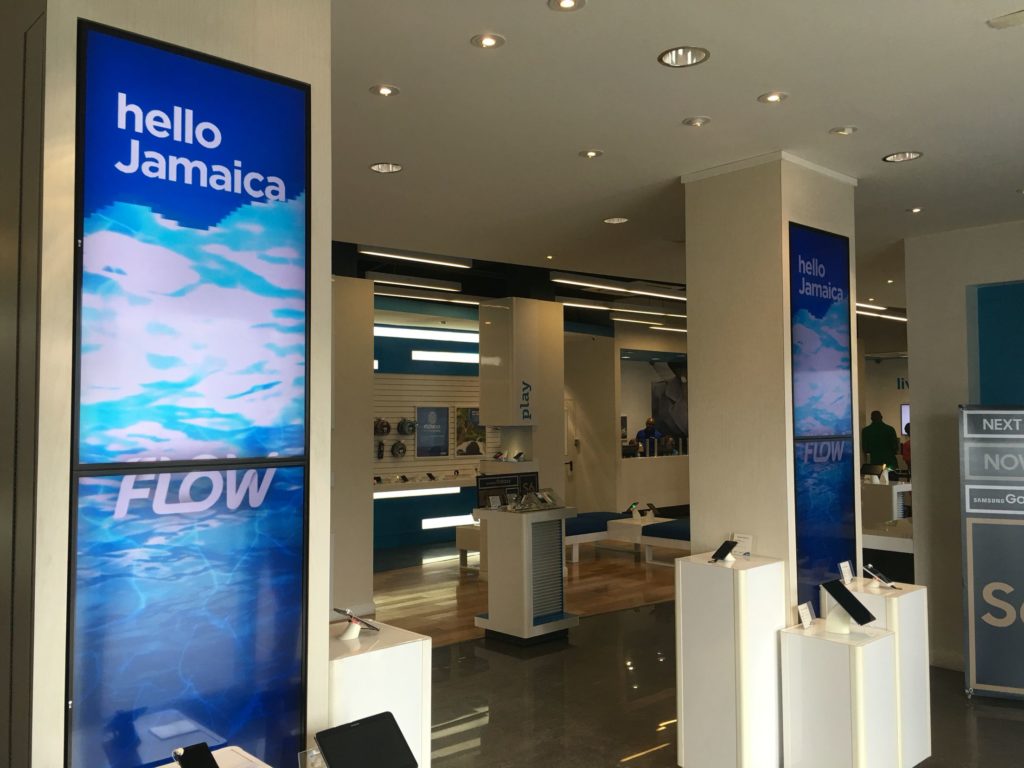
“Training not only deals with courteousness, because we did find the staff being courteous, but the extent to which they are aware are sufficiently informed to adequately address the queries that was a source of frustration we get in customer feedback,” Elizabeth Bennett-Marsh of the OUR pointed out during her presentation.
When it came to the online chat this is where the companies really fell down and received very low grades.
“Generally what we found online is that the staff servicing that modality didn’t seem very equipped to answer any of the questions that we asked, we found that they were much challenged to answer adequately there,” Anderson highlighted.
“Ideally we would want a satisfaction rate of a 100 per cent, however we recognise that this may not be possible so the international bench mark is 80% and that is what we consider to be acceptable.”
Beverly Green, Consumer Affairs Officer at OUR and project Manager of the Mystery Finding exercise
With the result not seen as one that can be celebrated the OUR revealed that the entity is far from satisfied with the results.
Beverly Green, consumer affairs officer at OUR and project manager of the Mystery Finding exercise, shared that the utility providers were unable to pass the initial bench mark of 80 per cent.
“Ideally we would want a satisfaction rate of a 100 per cent, however we recognise that this may not be possible so the international bench mark is 80 per cent and that is what we consider to be acceptable.”
The findings were shared with the service providers by the OUR.
“We met with them collectively and shared the major findings as we usually do. In addition, we had sent them portions of the findings that pertain to their company.”

Green also revealed that there is an annual quality of service symposium with the large utility companies and the small private providers. She pointed out that the findings of the mystery shopping exercise will be one of the main focus of this year’s quality of service symposium.
“We are definitely not comfortable with this at all, we would have shared the findings with them and we would have ask them to report on the findings at the symposium that we will be having later this year. Collectively we’ll knock heads to see how best we can work towards improving the quality of service so that you’ll see much better results next year when we go back into the field,” Bennett-Marsh added.
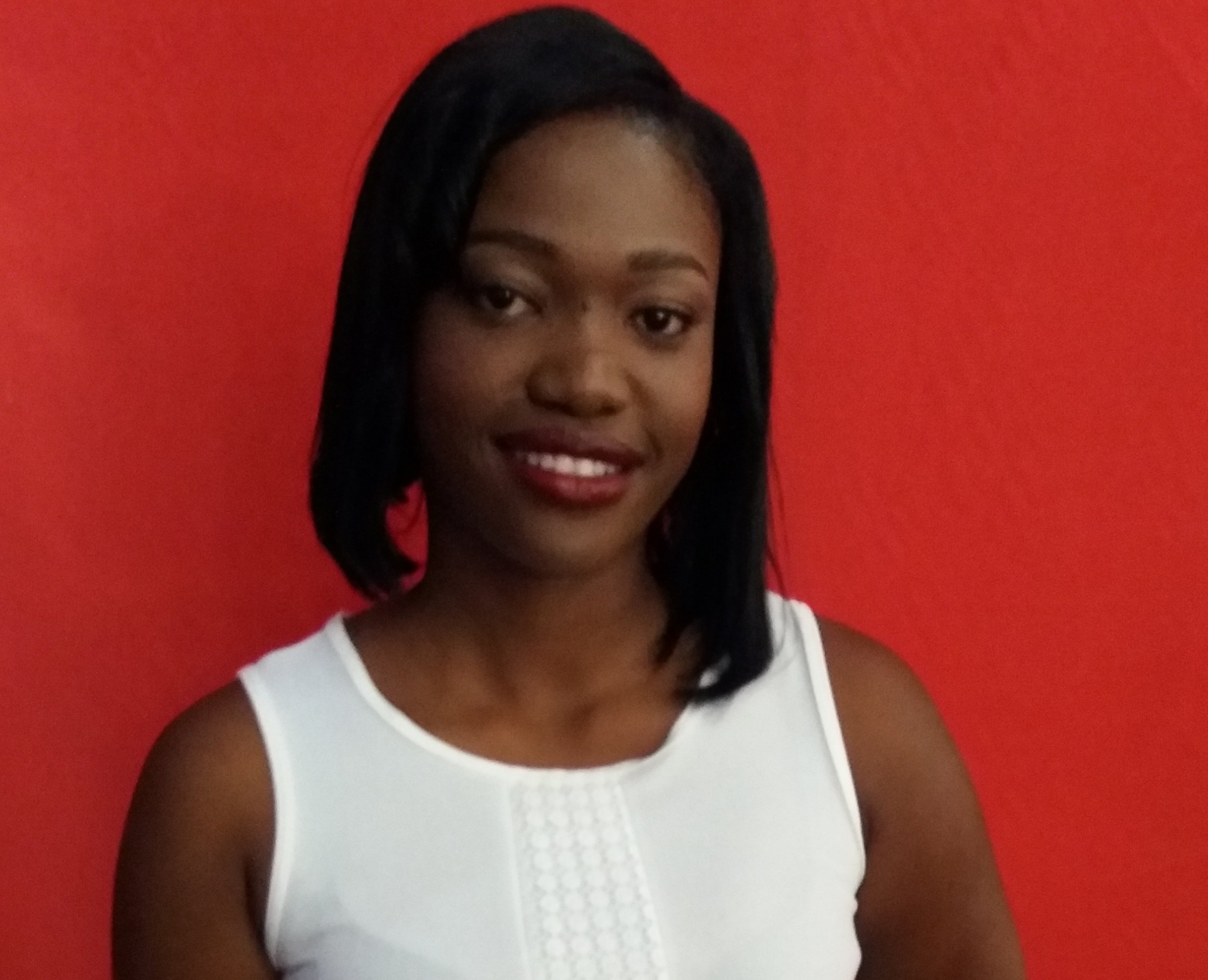




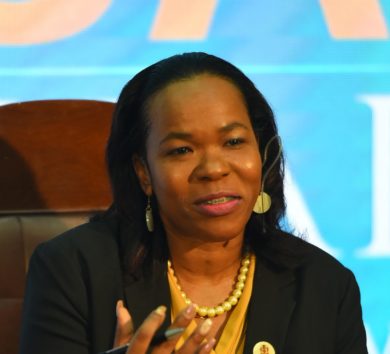
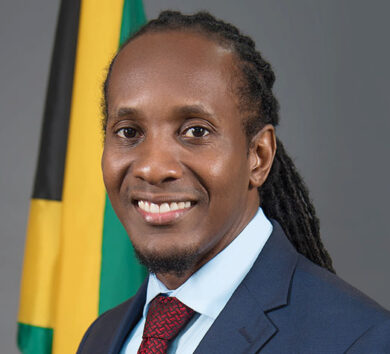
Comments